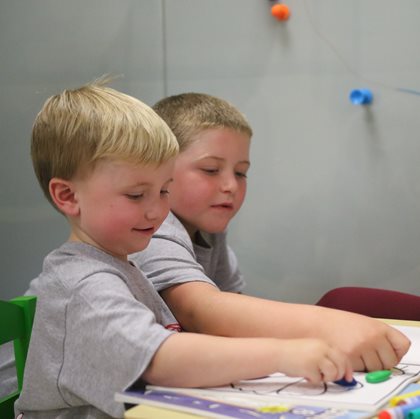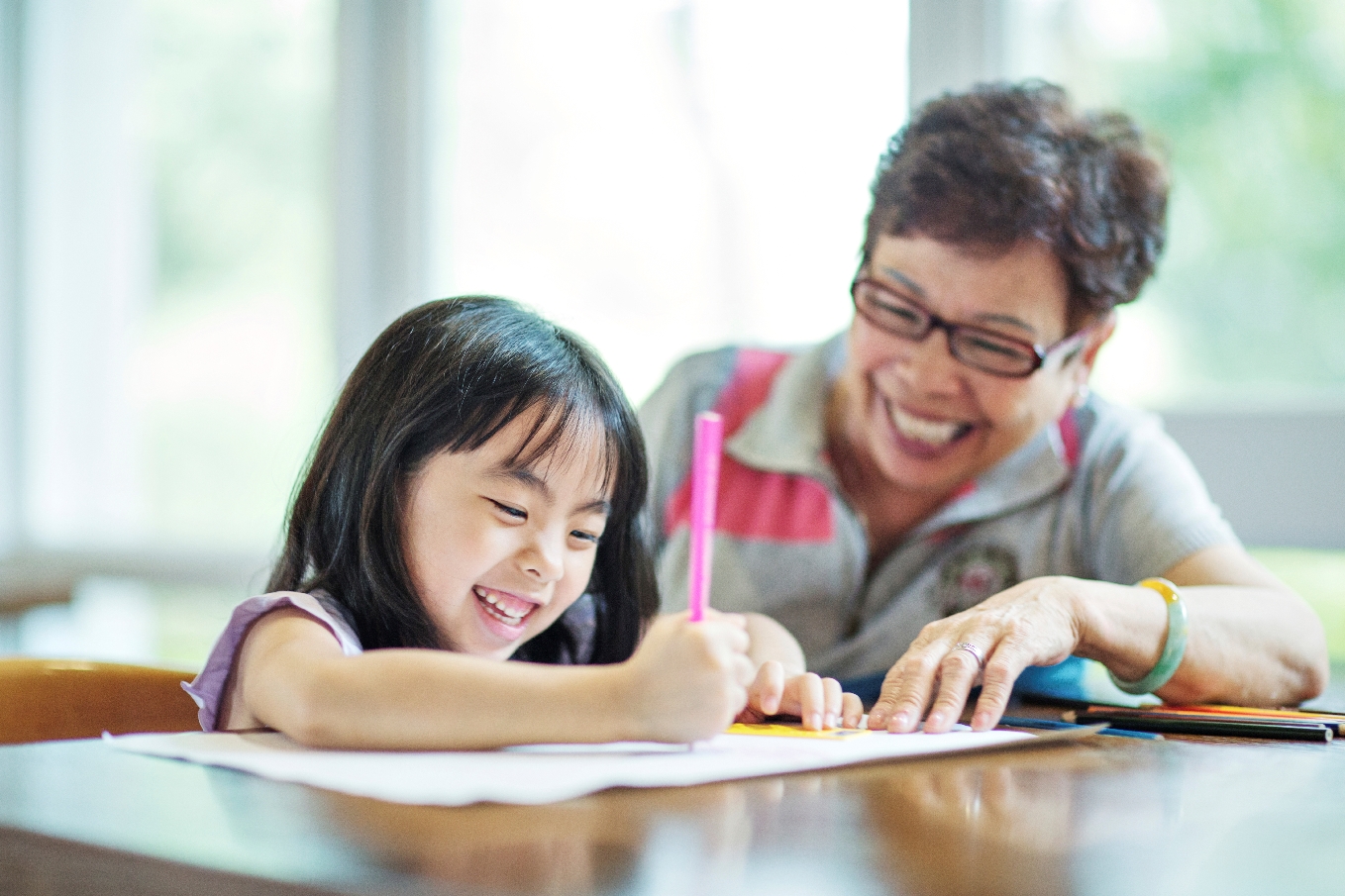Occupational Therapy Institute
Strategies to Improve Children’s Social Skills at Home
 Does my child have needs in this area? Ask yourself the following:
Does my child have needs in this area? Ask yourself the following:
- Does my child have frequent meltdowns?
- Does my child have difficulty transitioning activities?
- Is my child unable to wait?
- Is my child unable to accept “no”?
- Does my child have difficulty sharing and taking turns?
- Is my child unable to self-regulate after frustration?
How to increase social skills at home:
- Teach and offer strategies to help your child communicate their feelings
- Have them draw or write how they feel and discuss it
- Practice reading facial expressions
- Use visual supports for daily routines and schedules
- Children thrive on structure, and knowing what will come next can improve transitions and reactions
- Using a timer is another similar strategy that can be helpful
- Reinforce positive interactions with positive attention or a reward system
- Teach your child self-calming strategies
- This includes taking deep breaths, physical movement, and self-talk
 Practice taking turns during games and promote sharing
Practice taking turns during games and promote sharing
- Children learn through play and this will help facilitate good coping strategies when they play with their peers
- Don’t always let your child win
- Engage in other activities that involve cooperation and team playing like baking, light housework etc.
- Give your child responsibility
- Making their bed or helping clear the dinner table can help a child understand that they are part of a team and can work together with others towards the same goal